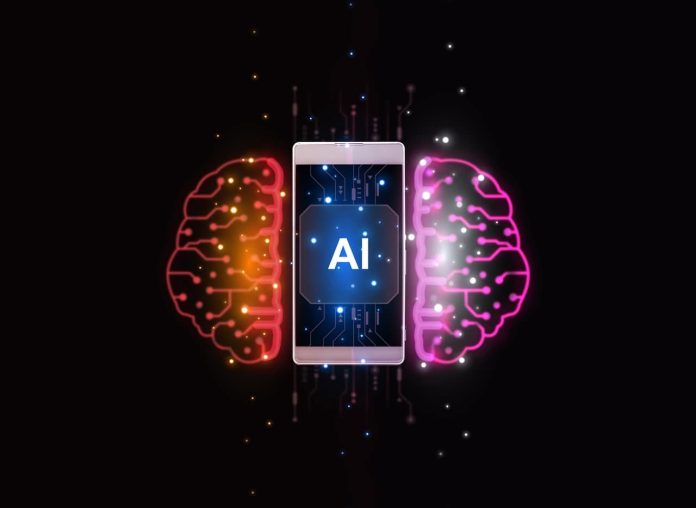[ad_1]
Right now, AI technology is racing to be as smart as a human being. However, the jury is still out on exactly how human-like AI can be. According to the US Patent Office, AI cannot own the right to a patent. Also, the person who owns the AI cannot claim the patent as their own.
This new report does not arise from an influx of people trying to patent AI inventions. Rather, this is mostly the US Patent Office covering its bases. As AI becomes more capable, people are starting to wonder what it can and can’t do. Also, people are wondering what it should and shouldn’t do. So, it seems to arise from the US Patent Office wanting to snuff out this issue before it becomes an issue.
AI is not allowed to patent an invention
At this point, AI has proven to be able to do many things that a person can do. In fact, we’ve even seen an AI create a whole company. So, the question arises if an AI can actually be an inventor. Obviously, human inventors would not want this to happen. However, that’s not going to stop some people from trying.
According to the US Patent Office, an AI cannot claim a patent as its own. The Patent Office awards human creation. So, a human needs to be involved in the creation of the patented technology. So, if you create an AI, and that AI creates a technology, the AI cannot claim the technology as its own.
Also, if an AI creates a patent from the ground up, the creator of the AI cannot claim the patent as their own. Basically, you cannot tell ChatGPT to make an invention and patent it. Say, an AI developed a certain type of hinge technology for a foldable phone. Well, that hinge technology cannot be patented, because it was not created by a human being.
AI can’t patent inventions, but it doesn’t mean that it can’t be involved
So, if an AI develops technology for you, you’re not allowed to patent it. However, this doesn’t mean that AI cannot be used in the creative process at all. If an AI does create a technology, and you make significant contributions or edits to it before sending it off to the US Patent Office, that’s acceptable.
So, going back to the hinge example, if the AI creates a hinge, but you make modifications to make it something unique, then that will be acceptable. This could mean that you could use the AI to create something you can use for inspiration or as a jumping-off point. However, the bulk of the heavy lifting has to be done by you or another human being.
There’s a debate that’s only going to heat up
People are going to debate what exactly constitutes a “human being” in different respects. Obviously, a human being is a naturally occurring organism. However, in certain contexts, the definition of a human being can fluctuate. As noted by TechCrunch, a company can identify as a human being for certain special scenarios.
We’re all wondering if this will also apply to AI. Right now, we’ve already gotten the news that AI cannot copyright its own works. There was also the debate as to whether the AI-generated song “Heart On My Sleeve” could be considered for an Emmy. As time goes on, we’re going to be seeing a heated debate about whether an AI can identify as a human being for certain purposes.
[ad_2]
Source link
